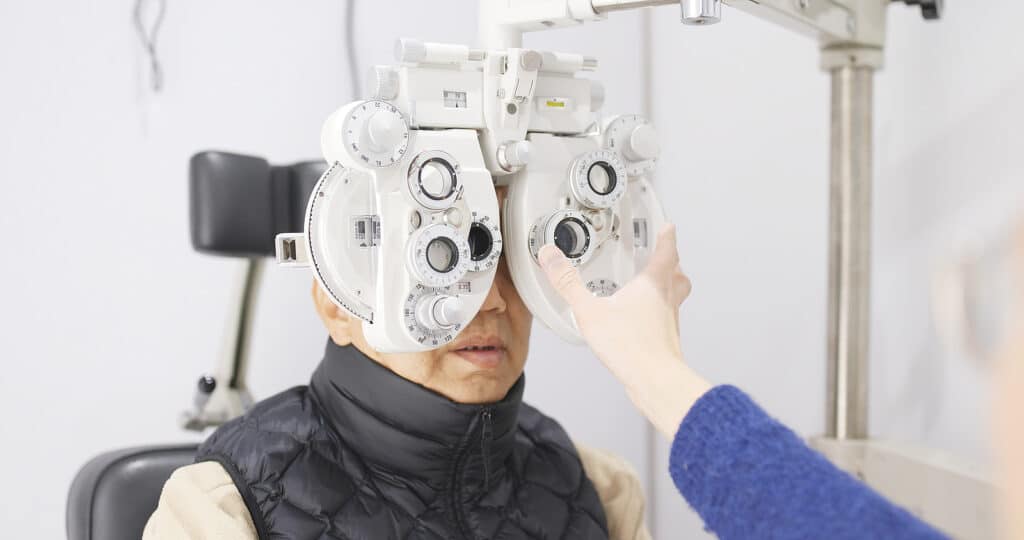As people age, their visual acuity may decrease and develop into low vision, significantly impacting daily activities for older adults and making everyday life challenging. Low vision refers to any significant visual impairment that cannot be fully corrected with glasses, contact lenses, medications, or surgery. It’s a prevalent age-related condition affecting millions of older adults worldwide and commonly caused by macular degeneration, glaucoma, cataracts, or diabetic retinopathy affecting older individuals.
We will examine some disadvantages seniors face living with low vision, while exploring how home care services can enhance their quality of life.
Table of Contents
ToggleThe Impacts of Low Vision
One of the most significant difficulties experienced by individuals with low vision is impaired independence. Simple tasks like reading, writing, cooking, and recognizing faces become cumbersome, resulting in reduced autonomy – leading to frustration, isolation, and ultimately, lower quality of life.
Safety issues also stem from difficulties navigating their physical environment. Obstacles like stairs, curbs, and uneven surfaces pose significant dangers for individuals with low vision; once simple activities, like crossing roads or moving through their house, become potentially hazardous, increasing the chances of falls and injuries.
Low vision can exacerbate social limits and isolation. Being unable to distinguish facial expressions and read nonverbal cues impairs communication and increases feelings of loneliness and exclusion, further contributing to feelings of isolation. Older adults with low vision may withdraw from activities or social interactions they once enjoyed, further compounding their sense of isolation.
Home Care Services
Home care services are essential in supporting older adults with low vision to maintain their independence and live comfortably within their homes. Caregivers offer valuable assistance with daily activities like meal preparation, medication administration, and personal hygiene care so individuals can remain independent in their environment for as long as possible. With such support in place, individuals can continue living confidently.
Professionals in the home care industry place equal emphasis on both independence and mobility when providing services, which includes safety and mobility concerns. They identify potential hazards, suggest modifications, and ensure adequate lighting to reduce risk. Caregivers can accompany individuals on outings for navigation guidance while assuring their overall safety.
Home care services must provide emotional support and companionship as an integral component. Loneliness and depression are common among older adults living with low vision. Caregivers play an essential role by engaging in meaningful conversations, providing encouragement, and accompanying individuals to social activities to reduce feelings of isolation while improving emotional well-being.
Why You Should Consider Professional Help
Caregivers know available resources and can connect older adults with low vision to specialized services, including vision rehabilitation programs, assistive technology devices, and support groups that enable individuals to adapt and cope effectively with their condition.
Low vision poses numerous disadvantages for older adults, limiting their independence, safety, and overall well-being. Home care services provide vital assistance to help manage these challenges by offering practical assistance, ensuring safety measures are in place, and providing emotional companionship services and emotional companionship – significantly improving the quality of life for these vulnerable populations. Recognizing and ensuring these services are accessible are vitally important components of their well-being.
Providing exceptional Home Care for seniors and families in the Northern Virginia area, including Arlington, Alexandria, McLean, Reston, Burke, Ashburn, Centreville, Springfield, Manassas, and Oakton. Call today to speak with our caring staff: (703) 272-8838.
- What Are Some Surprising Early Signs of Dementia? - May 22, 2025
- Training of the Month: Lymphedema - May 15, 2025
- Career and Opportunities Fair - May 15, 2025




